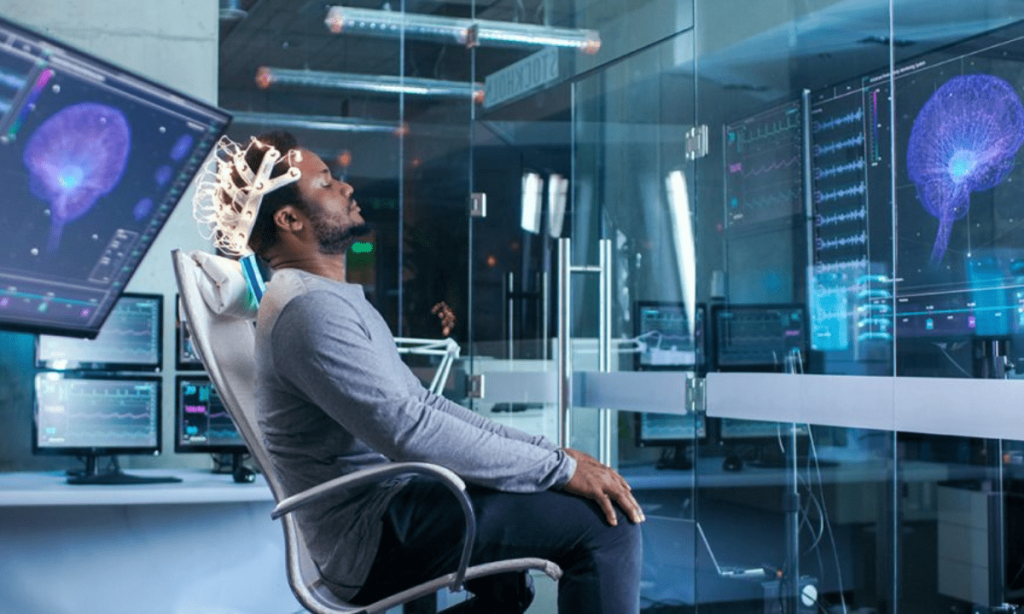
Introduction
Brain–Computer Interfaces (BCIs) are no longer confined to science fiction—they are steadily moving toward everyday use.
These advanced systems enable direct communication between the human brain and digital devices, offering new ways to interact with technology.
As innovation continues, BCIs are expected to reshape how people live, work, and experience the world around them.
Revolutionizing Communication and Accessibility
One of the most significant impacts of BCIs will be in enhancing communication and accessibility. For individuals with mobility or speech impairments, BCIs provide a new channel to express thoughts or control devices purely through neural signals.
This technology has the potential to replace traditional input tools like keyboards and touchscreens, creating a more inclusive digital environment where thoughts can be translated into actions instantly.
Transforming Work and Productivity
In the coming years, BCIs could redefine the workplace. Imagine professionals controlling computers, analyzing data, or designing complex models using only their minds.
Such integration would drastically reduce the time spent on manual inputs and open the door to entirely new ways of multitasking.
BCIs could also support cognitive enhancement by helping individuals maintain focus, manage stress, or even boost memory during high-performance tasks.
Healthcare and Mental Well-Being
The medical field stands to benefit immensely from brain–computer technology. Beyond assisting patients with disabilities, BCIs could help diagnose neurological disorders early or monitor brain activity to improve mental health treatments.
The ability to detect and interpret brain patterns may also lead to personalized therapies that adapt to each individual’s emotional and cognitive state in real time.
Ethical and Privacy Considerations
As with any advanced technology, BCIs raise important questions about privacy, data ownership, and ethical use. The brain is the most personal source of information, and protecting neural data will be crucial to ensure safety and trust.
Conclusion
The future of Brain–Computer Interfaces promises to merge the human mind with digital intelligence, transforming accessibility, healthcare, and productivity.
With responsible development, BCIs could soon become a seamless part of daily life, bridging the gap between thought and action.
